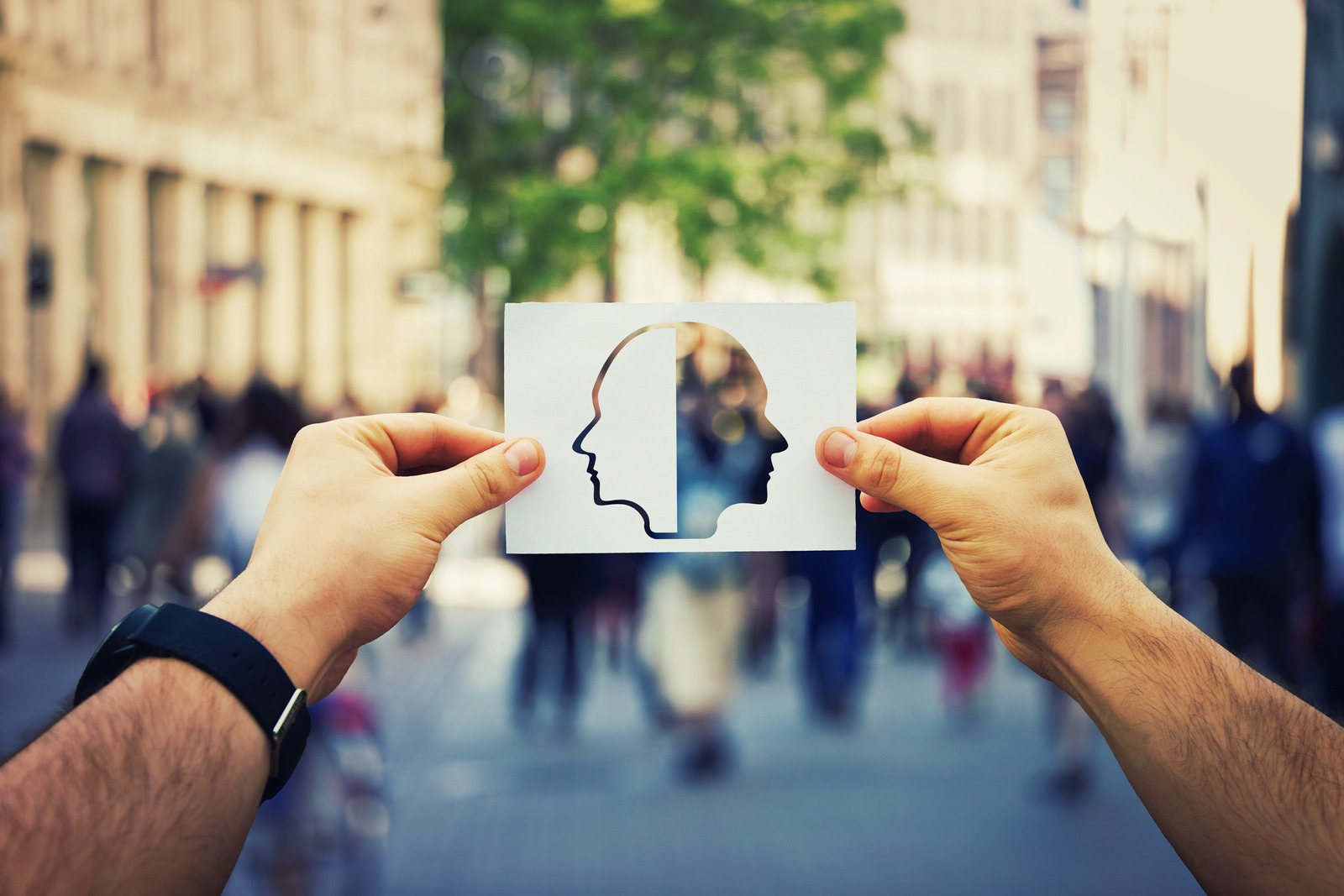The answer is: it’s complicated. For people predisposed to schizophrenia, there is a chance that THC could trigger the illness.
One of the arguments that anti-cannabis groups use as a reason not to legalise cannabis is that it ‘causes’ schizophrenia. But the reality is not that simple, not that broad, and applies to a very small percentage of the population.
What is Schizophrenia?
Schizophrenia is a mental disorder that seriously alters how people view and interact with the world. It affects less than 1% of the population and is life-long and incurable, but the symptoms can often be managed with medication.
There are a number of different types of schizophrenia, although people don’t generally fit neatly into one category, with overlap and changing symptoms.
- Paranoid schizophrenia: Hallucinations, thoughts of persecution, preoccupation with delusions
- Disorganised schizophrenia: Irrational behaviours, thinking and speech
- Catatonic schizophrenia: Either excessive movement or catatonia
- Undifferentiated schizophrenia: A mix of types of schizophrenia
- Residual schizophrenia: When symptoms wax and wane, active symptoms are reduced but still can experience disturbed speech and psychomotor difficulties.
What is Psychosis?
Psychosis is a symptom of schizophrenia, or it can be a stand-alone event for a fixed period. It includes things like:
- Hallucinations, both visual and auditory
- Delusions and paranoia
- Thought interference
- Alogia (lack of speech)
- A feeling of unreality and time distortion/ time dragging
When this occurs during and after cannabis use but alleviates up to 24 hours later, it’s called cannabis intoxication. This is the ‘high’ caused by the THC and is not problematic (for recreational users, it may be considered the goal). In a highly simplified way, if the psychosis does not alleviate and causes distress, this becomes a cannabis-induced psychotic disorder (CIPD). If these symptoms do not resolve after a month, clinicians may look at other diagnoses, including schizophrenia.
What is the Link Between Cannabis and Schizophrenia?
Schizophrenia doesn’t happen from nowhere. Scientists have identified that there are ten genes that link directly to schizophrenia. These genes, when mutated, contribute to the likelihood that an individual will suffer from schizophrenia. It’s estimated that schizophrenia is 80% heritable.
We know that people experience cannabis differently, too, and research has shown that 21 genes are responsible for this variation.
The crossover of these genes is where the problem occurs. There are several theories about this. One is that people who have a significant mutation of the AKT1 gene and use marijuana are at an increased risk of developing schizophrenia. This gene is responsible for the enzyme in a specific part of the brain (striatum) that controls dopamine signalling. The dysregulation of dopamine has long been implicated in schizophrenia.
There have been multiple studies into this link, with one showing an increased risk of psychosis is seven times higher for those with the variant. Use of cannabis, ever, resulted in 67% increased odds of delusions of reference in people with a high likelihood of schizophrenia.
There is also plenty of evidence to suggest that cannabis-induced schizophrenia symptoms are worse and harder to treat. It also can be dose-dependent; the more cannabis you’re exposed to, the higher the chance of schizophrenia being expressed.
The question is: Does cannabis use cause the expression of schizophrenia? There is a significant body of research into this, and there is evidence that cannabis use can trigger/cause schizophrenia in those predisposed to it.
Is CBD or THC the Culprit?
Delta-9-tetrahydrocannabinol (THC) is the psychoactive part of the cannabis plant. While controlled studies of THC cannot be carried out (because purposefully creating schizophrenia in people would be wildly unethical and horrific), large-scale meta-studies analysed many studies and confirmed that the THC component is the culprit of psychosis and schizophrenia. This is because CBD, another main active component of cannabis, is known to have the opposite effects in the brain. That is that CBD could block the psychotogenic effects of THC, and prevent psychotic symptoms.
This raises an interesting and controversial question; could CBD help to resolve the symptom of psychosis?
Could CBD Cure Schizophrenia?
There are a few words that scientists don’t like to use. ‘Cause’ is one, and ‘cure’ is another. CBD will not cure schizophrenia, but there is a lot of research suggesting it could decrease symptoms and distress caused by these symptoms. While studies are variable with differences in dosage and comorbidities, there could be benefits in prescribing CBD to people suffering from schizophrenia.
There is more research required, but it’s a possibility that CBD clinic could help to counteract the symptoms of schizophrenia.
Summary
- Cannabis use can trigger schizophrenia in people predisposed to the disorder
- The cause of the psychotropic effects is the active component of THC
- CBD counteracts the effects of THC, making it a promising treatment for schizophrenia
- If you have a family history of schizophrenia, avoid smoking cannabis, but CBD products are safe to take as prescribed

